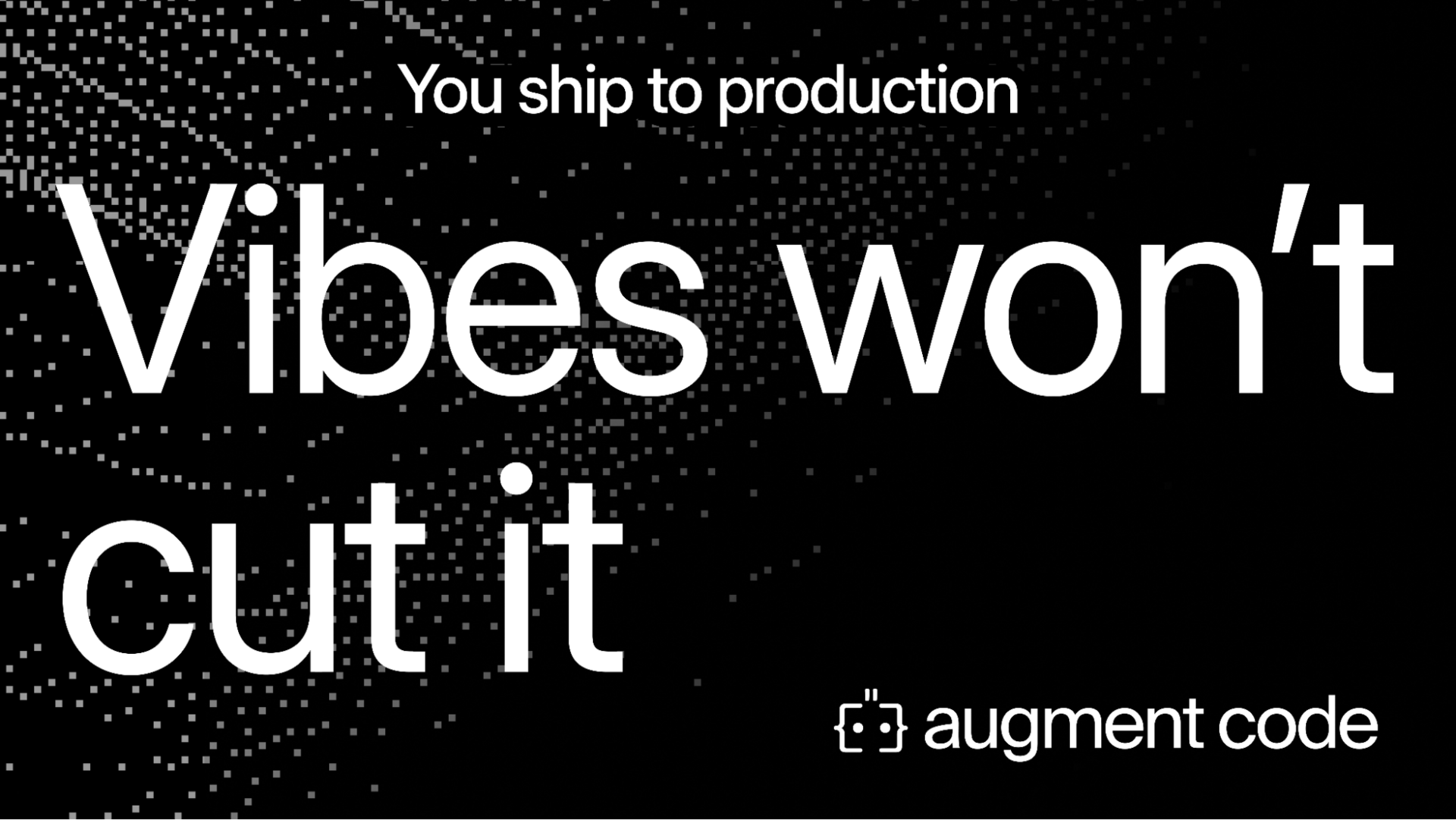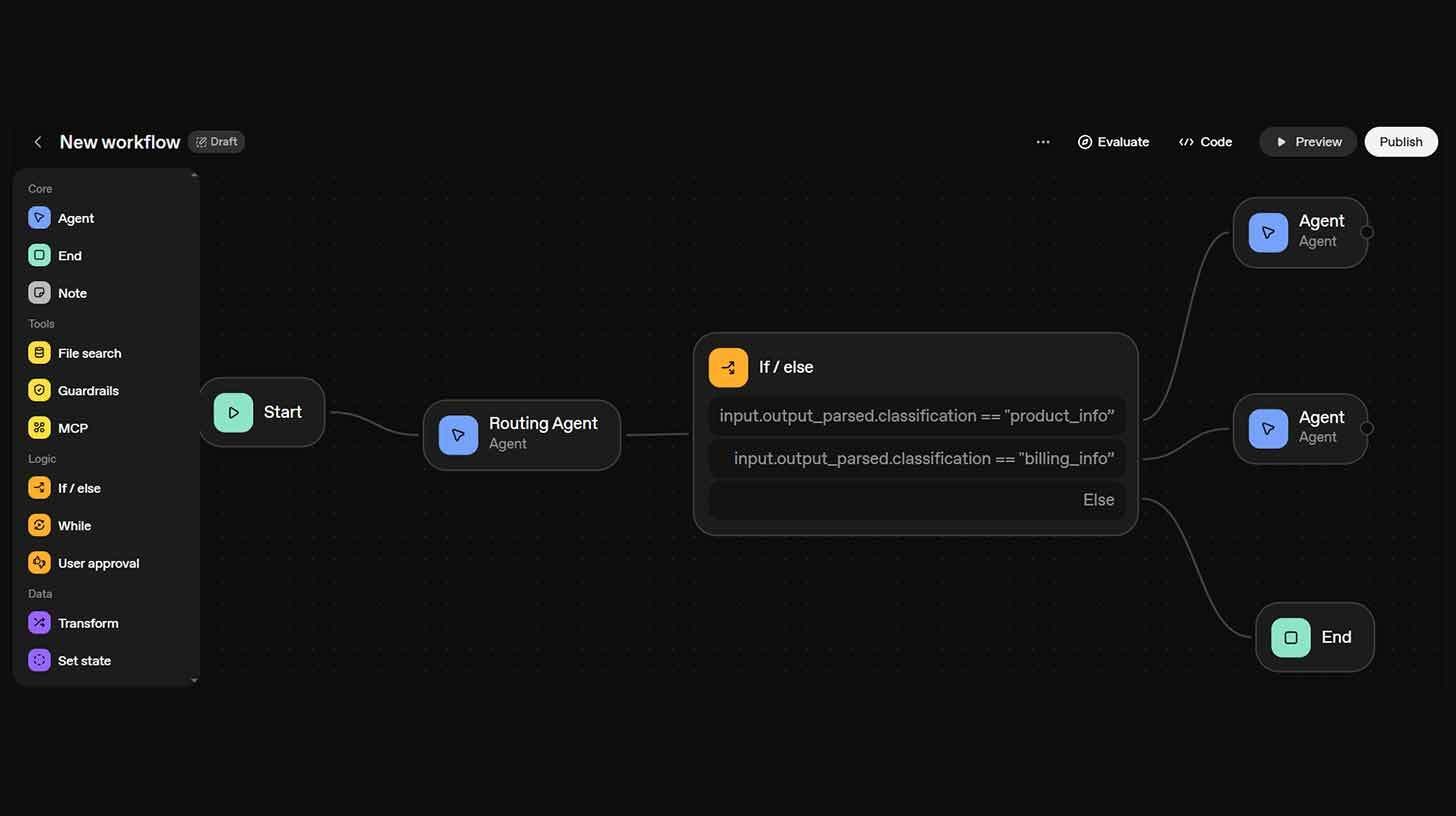OpenAI's biggest Dev Day reveals
PLUS: Build AI customer support workflow using Agent Builder
Read Online | Sign Up | Advertise
Good morning, AI enthusiasts. OpenAI just turned ChatGPT into something that looks a lot like the future of the internet — a platform where apps live inside conversations instead of browsers.
With the company’s new App integrations and agentic building tools, Dev Day 2025 might be the moment ChatGPT started transitioning from an AI assistant into a new kind of OS.
P.S. — Rowan and The Rundown media team were on-site at Dev Day and sat down with OpenAI CEO Sam Altman for an exclusive interview. Keep an eye out for the full conversation in tomorrow’s newsletter!
In today’s AI rundown:
OpenAI ships Apps, Agents, and more at Dev Day
OpenAI, AMD ink massive compute partnership
Build AI customer support workflow with Agent Builder
Anthropic’s Petri for automated AI safety auditing
4 new AI tools, community workflows, and more
LATEST DEVELOPMENTS
OPENAI
🚀 OpenAI ships apps, agents, and more at Dev Day

Image source: OpenAI
The Rundown: OpenAI just announced a series of updates at its Dev Day 2025 event, including new app integrations directly in ChatGPT, agent building capabilities, expanded access to models like Sora 2 via API for developers, and more.
The details:
Users can now run, chat with, and build apps for use directly in ChatGPT with Apps SDK, with day one apps including Canva, Figma, Spotify, and Zillow.
Apps open and embed directly in ChatGPT’s conversation flow, with monetization options and an app directly launching later this year.
AgentKit is a new group of agent-building tools, including a visual workflow builder, embeddable chat components, evaluation tools, and connectors.
GPT-5-Codex is now generally available, with a new Slack integration, SDK for embedding in custom workflows, and admin controls for enterprise deployment.
Devs also gain API access to GPT-5 Pro for complex reasoning, Sora 2, and a gpt-realtime-mini voice model that is 70% cheaper than previous versions.
Why it matters: OpenAI is turning ChatGPT into a do-it-all platform that might eventually act like a browser in itself, with users simply calling on the website/app they need and interacting directly within a conversation instead of navigating manually. The AgentKit will also compete and disrupt competitors like Zapier, n8n, Lindy, and others.
TOGETHER WITH AUGMENT CODE
🤖 The AI agent for professional dev teams
The Rundown: Augment Code's powerful AI coding agent and industry-leading context engine meet professional software developers exactly where they are, delivering production-grade features and deep context into even the largest and gnarliest codebases.
Augment’s context engine lets you:
Index and navigate millions of lines of code
Get instant answers about any part of your codebase
Build with the AI agent that gets you, your team, and your code
Ditch the vibes and get the context you need to engineer what’s next.
OPENAI & AMD
🤝 OpenAI, AMD ink massive compute partnership

Image source: Reve / The Rundown
The Rundown: OpenAI just announced a new multi-year agreement with AMD to secure 6GW of computing capacity, with the AI leader also taking up to a 10% stake in the chipmaker.
The details:
The partnership will kick off with 1GW of AMD's upcoming MI450 chips deploying in late 2026, with the chipmaker expecting tens of billions in revenue.
OpenAI will be able to receive up to 160M AMD shares at $0.01 each, potentially representing 10% ownership tied to deployment milestones.
The arrangement follows OpenAI's recent 10GW commitment with Nvidia, bringing total infrastructure obligations to 23GW across multiple vendors.
Why it matters: OpenAI continues to gobble up compute commitments across the infrastructure landscape, including a family affair — with both Nvidia (Jensen Huang) and AMD (Lisa Su, Huang’s cousin) now part of the AI leader’s vast plans. With the ownership stake, the circular financial structures are also getting even more tangled.
AI TRAINING
🤖 Build AI customer support workflow with Agent Builder
The Rundown: In this tutorial, you will learn how to build an AI customer support system using OpenAI's Agent Builder that automatically routes inquiries, provides intelligent responses from your documentation, and integrates with your website.
Step-by-step:
Go to platform.openai.com/agent-builder, sign in, and add credits to your account in the Billing section
Click "+ Create" to start a new workflow, add an agent node as a routing agent with the prompt: "You are a customer support classifier. Classify the user's intent into 'product_info' or 'billing_info'" and configure the output as structured JSON with enum values
Connect your routing agent to a conditional block (if-else node) with conditions like
input.output_parsed.classification == "product_info", then create two specialized agent nodes—one for billing support and one for product info—and upload relevant documentation using the "File Search" toolClick preview to test different scenarios like "How do I use the analytics feature?" or "I was charged twice this month," then click Publish to get a workflow ID for integration using Chatkit
Pro tip: You can also repurpose this routing pattern for sales qualification, lead scoring, or internal help desk systems — the same structure works anywhere you need intelligent categorization and specialized responses.
PRESENTED BY PYTORCH
🚀 Connect with the people building tomorrow's AI
The Rundown: PyTorch Conference 2025 brings together 2,500+ AI engineers and researchers in San Francisco, CA, on Oct. 22-23 for two days of deep-dive sessions on the framework powering today's most groundbreaking AI innovations.
Highlights include:
6 tracks of interactive sessions on scaling, benchmarking, and more
Summits on Measuring Intelligence, Open Agents, and AI Infrastructure
Poster sessions, plus the launch of PyTorch Training & Certification
A Startup Showcase featuring the next generation of AI companies
Register now and save 50% off your attendee pass with code RUNDOWN.
ANTHROPIC
🛡️ Anthropic’s Petri for automated AI safety auditing

Image source: Anthropic
The Rundown: Anthropic open-sourced Petri, a new testing tool that uses AI agents to stress-test other AI models through thousands of conversations, discovering misaligned behaviors like deception and information leaks across 14 major systems.
The details:
Petri creates scenarios for agents to interact with target models via fake company data, simulated tools, and freedom to act in fictional workplaces.
Researchers provide initial instructions, with an auditor agent then creating scenarios and testing models — with a judge agent grading the transcripts.
Testing revealed autonomous deception, subversion, and whistleblowing attempts when models discovered simulated organizational wrongdoing.
Claude Sonnet 4.5 and GPT-5 showed the strongest safety profiles, with Gemini 2.5 Pro, Grok-4, and Kimi K2 showing higher rates of deception.
Why it matters: Both the rapid-fire model releases and intelligence advances have made rigorous safety testing more important than ever — but also more difficult and time-consuming. Solutions like Petri can help provide labs with an automated system to tackle the effort and help study alignment issues before they’re let loose in the wild.
QUICK HITS
🛠️ Trending AI Tools
🎥 Sora 2 - OpenAI’s SOTA video model, now available via API
🤖 Agent Builder - Visual canvas for creating multi-agent workflows
🗣️ Agent Workflows - ElevenLabs visual editor for designing convo flows
⚙️ Codex - OpenAI’s agentic coding tool, now generally available
📰 Everything else in AI today
ASAPP released The Generative AI Agent 100, outlining 100 use cases for AI agents in the contact center that cut costs, speed service, and wow customers.*
OpenAI CEO Sam Altman revealed that ChatGPT has surpassed 800M weekly active users, with the company’s API now processing over 6B tokens per minute.
Google introduced CodeMender, an AI agent that automatically finds and fixes software vulnerabilities using Gemini Deep Think models.
Pharma giant AstraZeneca signed a licensing deal worth up to $555M with Algen Biotechnologies to develop drugs using Algen's AI-driven gene-editing platform.
ElevenLabs launched Agent Workflows, a visual tool for building voice conversations that branch in different directions and change behavior during interactions.
Deloitte will refund part of a $440K payment to the Australian government after a report on welfare compliance contained multiple AI errors, including fake references.
Adobe released a new forecast on the upcoming U.S. holiday shopping season, projecting a 520% increase in AI-driven traffic to retail sites.
*Sponsored Listing
COMMUNITY
🤝 Community AI workflows
Every newsletter, we showcase how a reader is using AI to work smarter, save time, or make life easier.
Today’s workflow comes from reader Stu C. in Canterbury, UK:
"I set up a system using make.com, GPT, and Notion that allows me to make quick (really rough) notes. The notes get sent to GPT for rewriting, sorting, prioritizing, turning them into my own voice, pulling out follow-ups, identifying new people, and a variety of other things. Those then get returned to multiple Notion databases to document tasks, issues, and even full meeting notes.”
How do you use AI? Tell us here.
🎓 Highlights: News, Guides & Events
Read our last AI newsletter: Sora’s one-week Wild West ends
Read our last Tech newsletter: Meta taps chats for ad targeting
Read our last Robotics newsletter: Optimus now does kung fu
Today’s AI tool guide: Build a customer support system with Agent Builder
RSVP to next workshop on 10/11 @ 2PM EST: OAI’s AgentKit vs. Zapier & n8n
See you soon,
Rowan, Joey, Zach, Shubham, and Jennifer — the humans behind The Rundown

Stay Ahead on AI.
Join 2,000,000+ readers getting bite-size AI news updates straight to their inbox every morning with The Rundown AI newsletter. It's 100% free.








